The University of Texas at Austin has come under fire for its decision to shut down DEI offices, igniting significant controversy across the campus.
Irene Mulvey of the American Association of University Professors condemned the move, saying “The problem is it’s really the cruelty is stunning because these are employees whose work it is to help students succeed” in her address before a pivotal conference.
Job Cuts Stir Campus Unrest
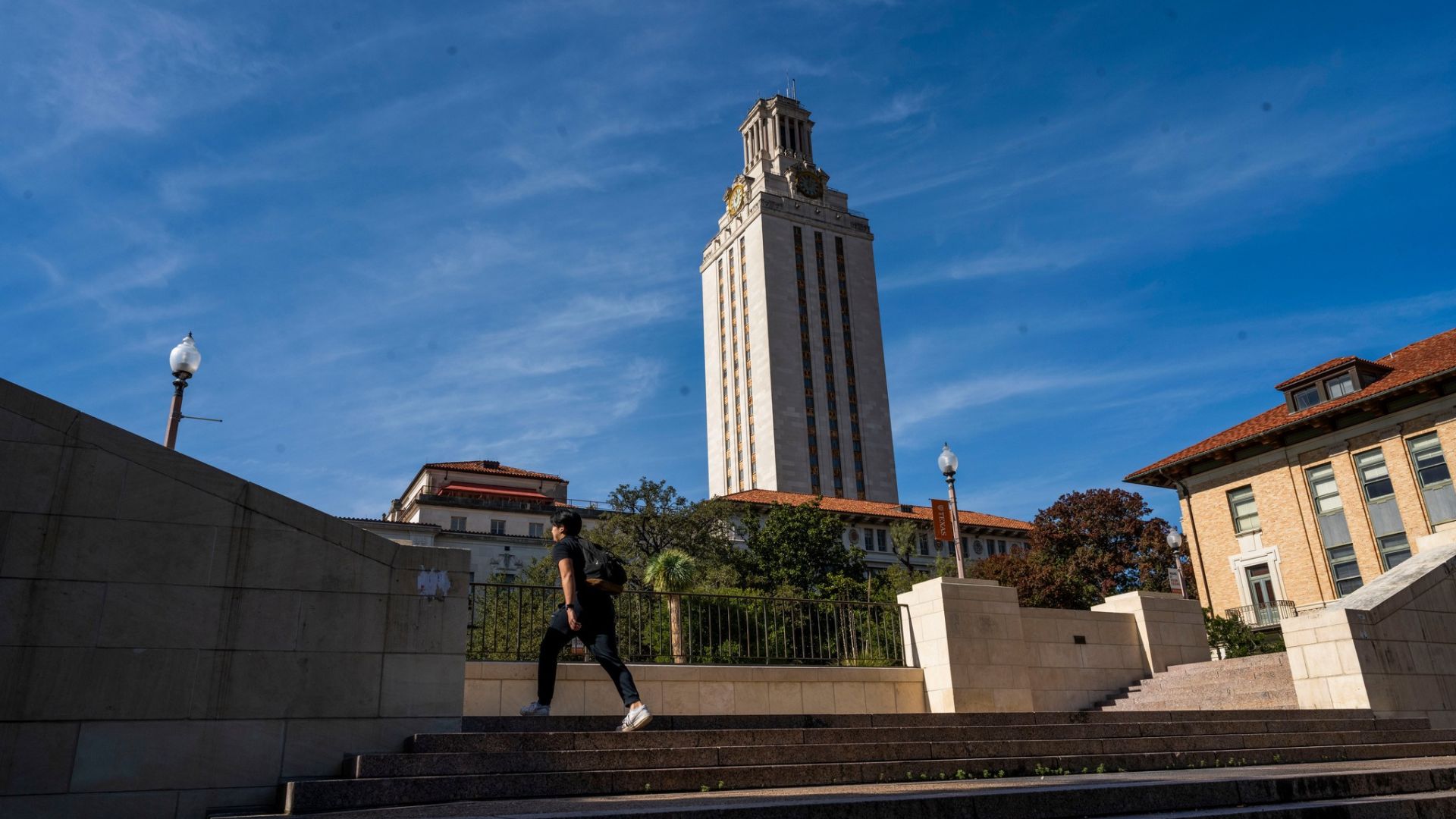
It’s not just a policy shift as UT axed around 60 DEI positions to align with new state laws, according to CNN.
Many argue that this isn’t just a reshuffle—it’s a major hit to the community fabric of the campus.
Vocal Opposition to Layoffs
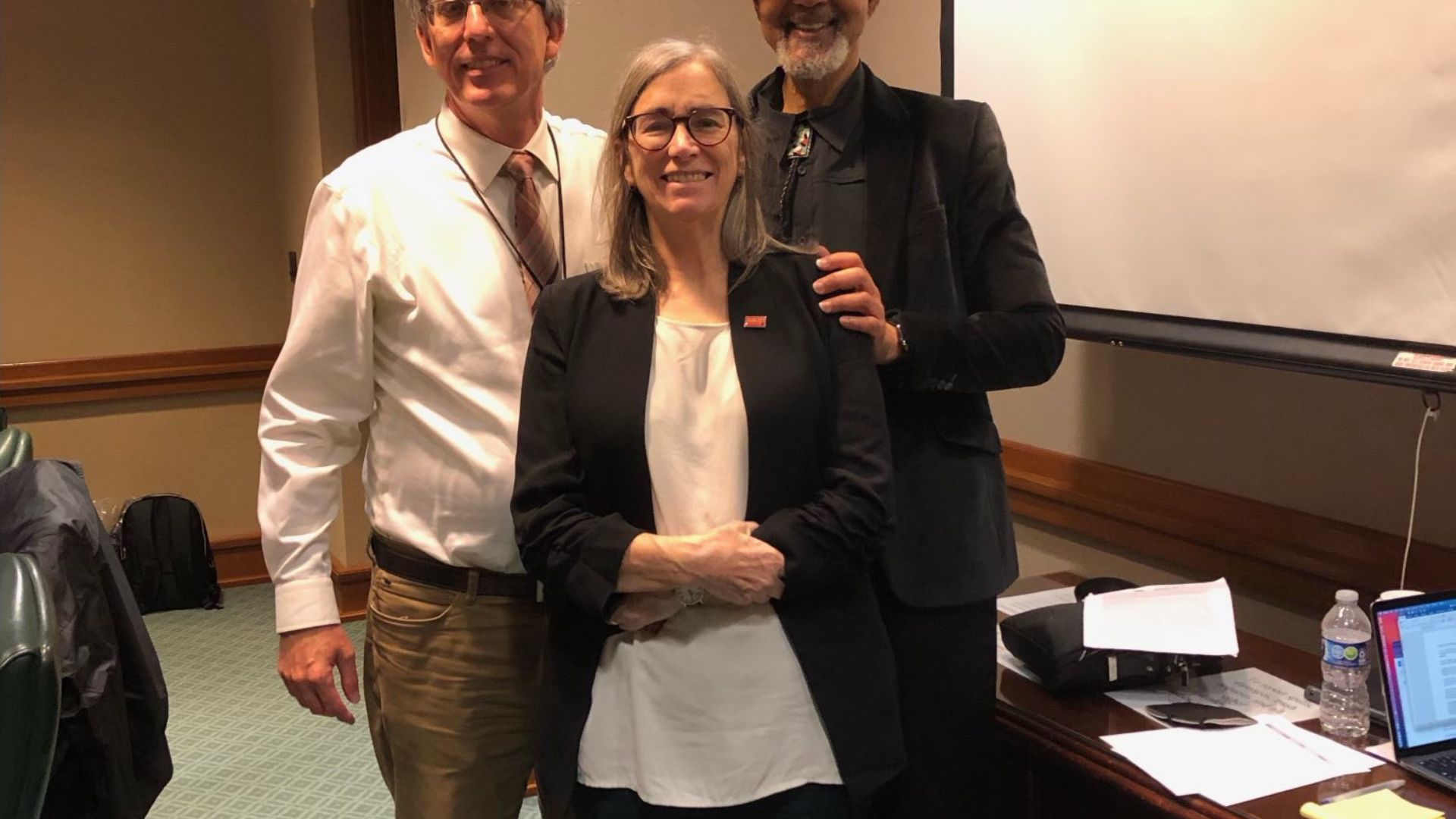
In anticipation of a major conference, Mulvey articulated the profound impact of the layoffs: these were individuals committed to fostering student success.
The university community is now grappling with the consequences of these cuts.
Critical Questions Arise

“How does this help students?” Mulvey challenged, stressing the vital support DEI initiatives provided to veterans, students with disabilities, and first-generation students.
She argued that these cuts represent significant setbacks for the most reliant on these services.
Student Backlash Against State Intervention
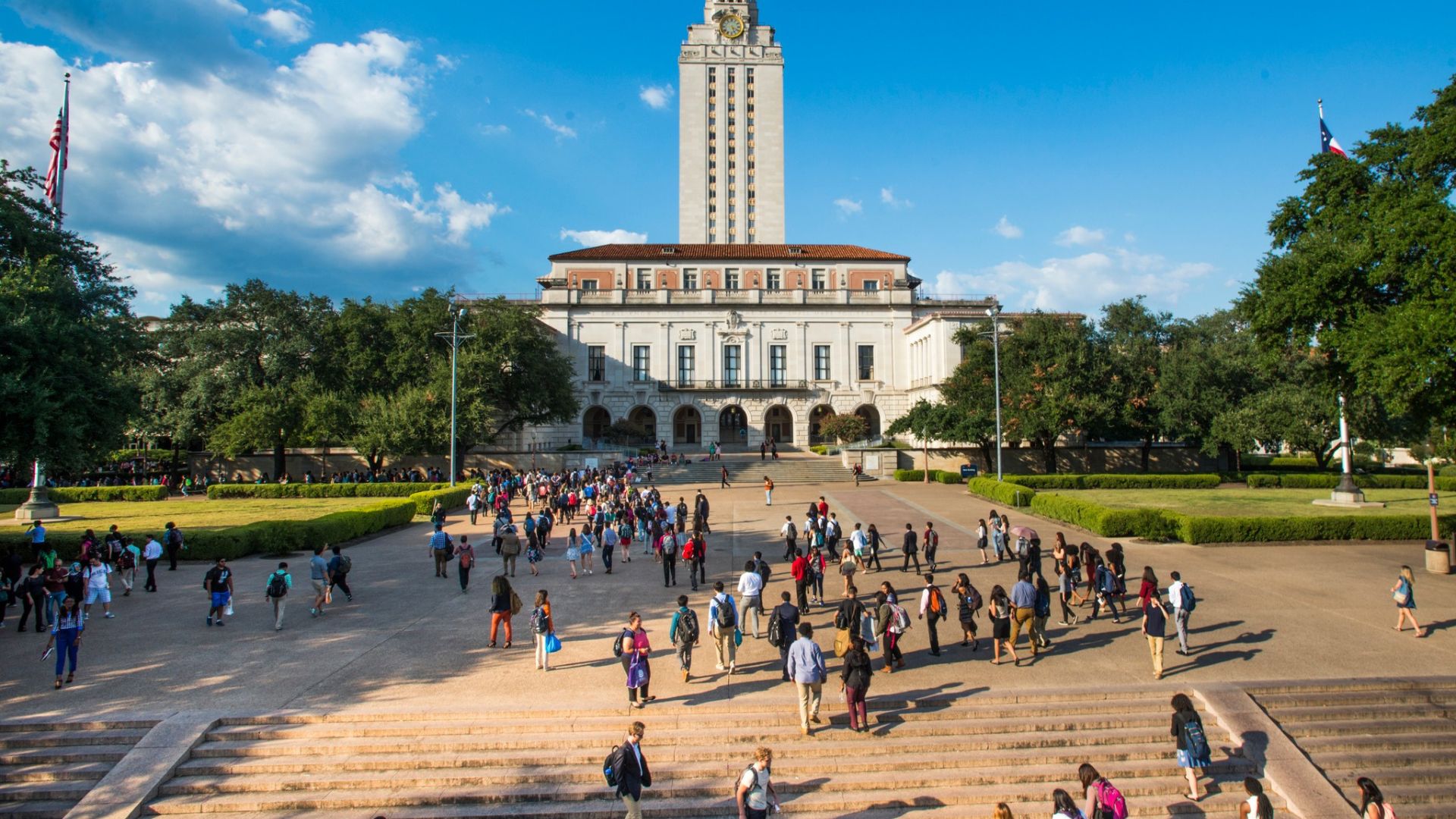
Fox News reports that UT’s student body has vehemently opposed the state’s mandate, leveling accusations of yielding to an “extremist Texan government” and citing “wrongful termination.”
The policy has clearly polarized the campus community.
The Legislative Context
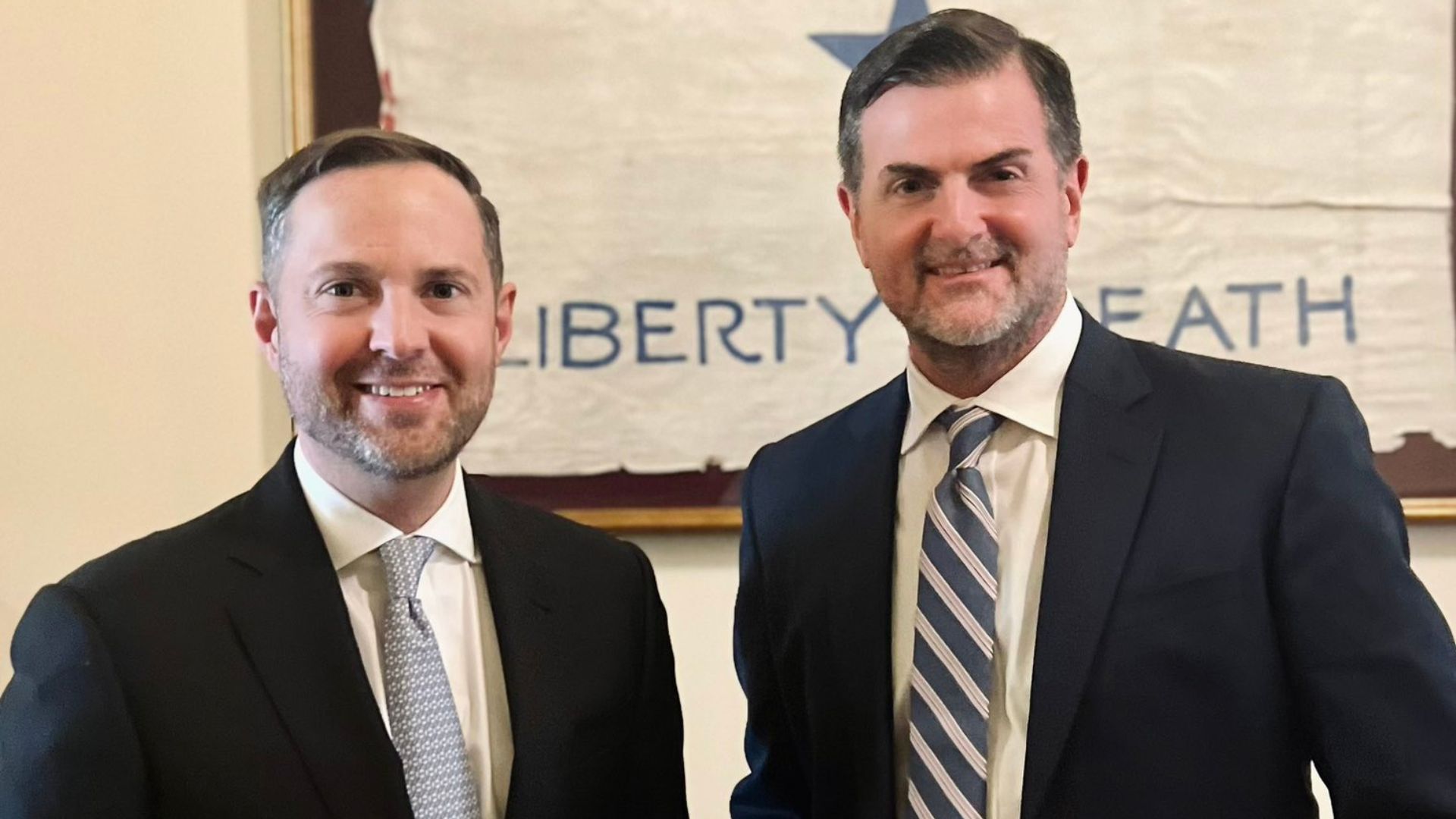
DEI activities have stopped, following a state law that mandates the elimination of such offices.
Senator Brandon Creighton promotes this policy as a move toward a “merit-based environment.”
Loss of Cultural Celebrations
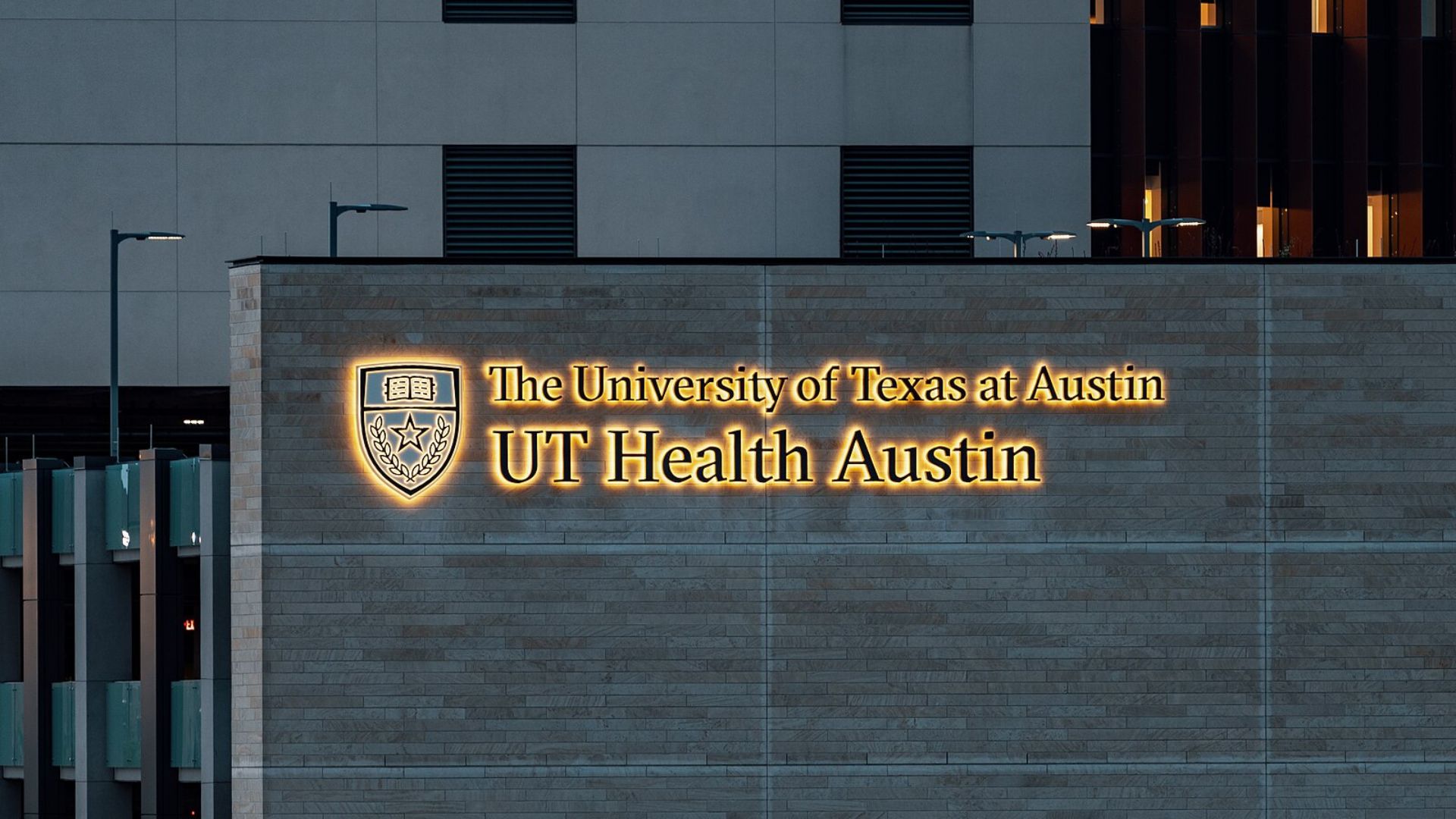
UT’s decision to shutter DEI offices also led to the cancellation of important cultural graduation ceremonies such as Black Graduation and Latinx Graduation.
Such a move erased cultural affirmations and achievements that were central to the university’s efforts.
The Significance of Cultural Ceremonies
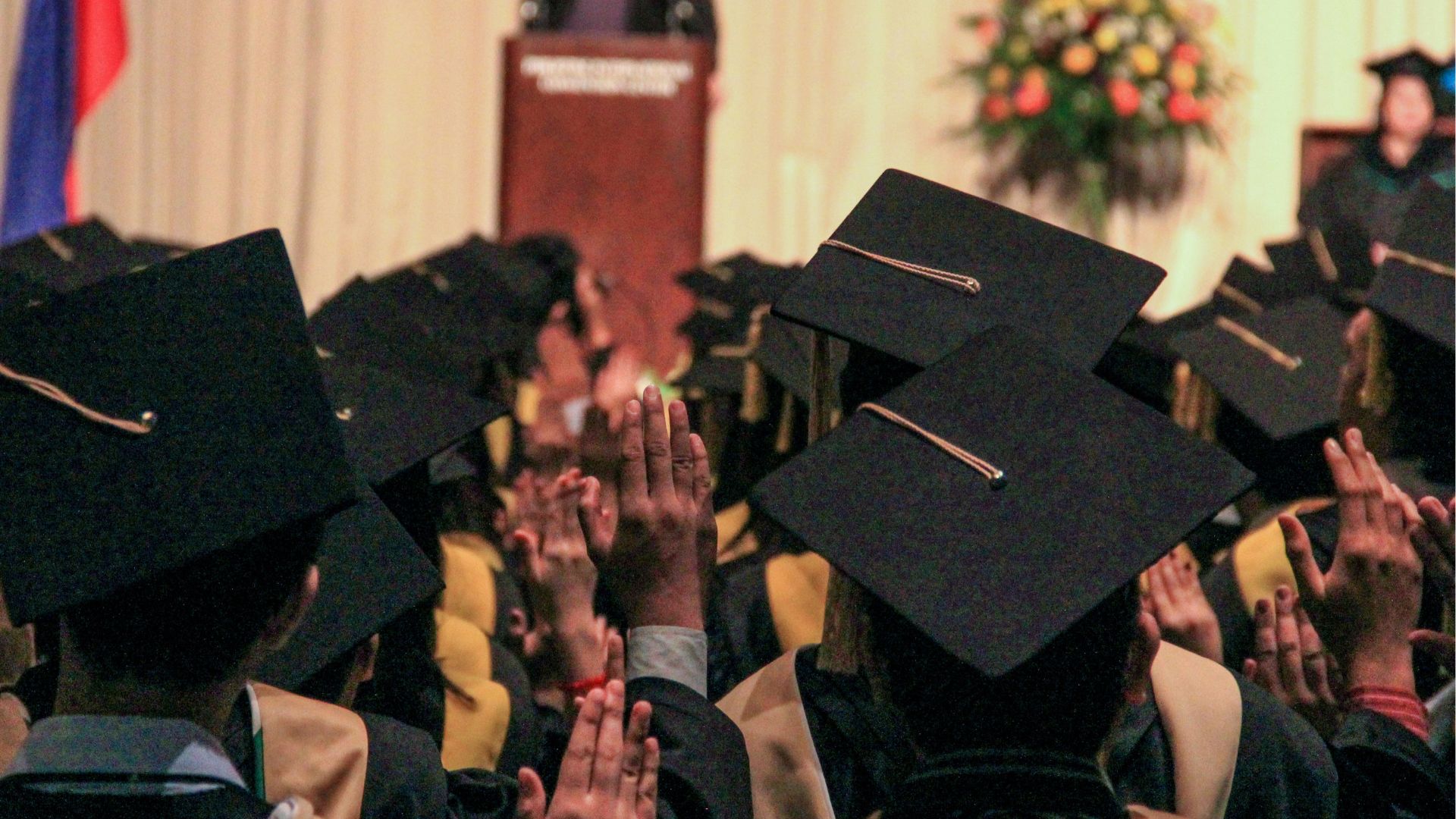
Erin McCormick, a UT sophomore, shared her deep frustration over the cancellation of key cultural events.
McCormick said “It’s kind of bummy that they closed it because I feel like Black graduation – it really celebrates the achievement. Just because given the history of Texas and UT alone, Latinos are not always welcome here, not wanted to graduate from here.”
Emotional Impact on the Campus Community
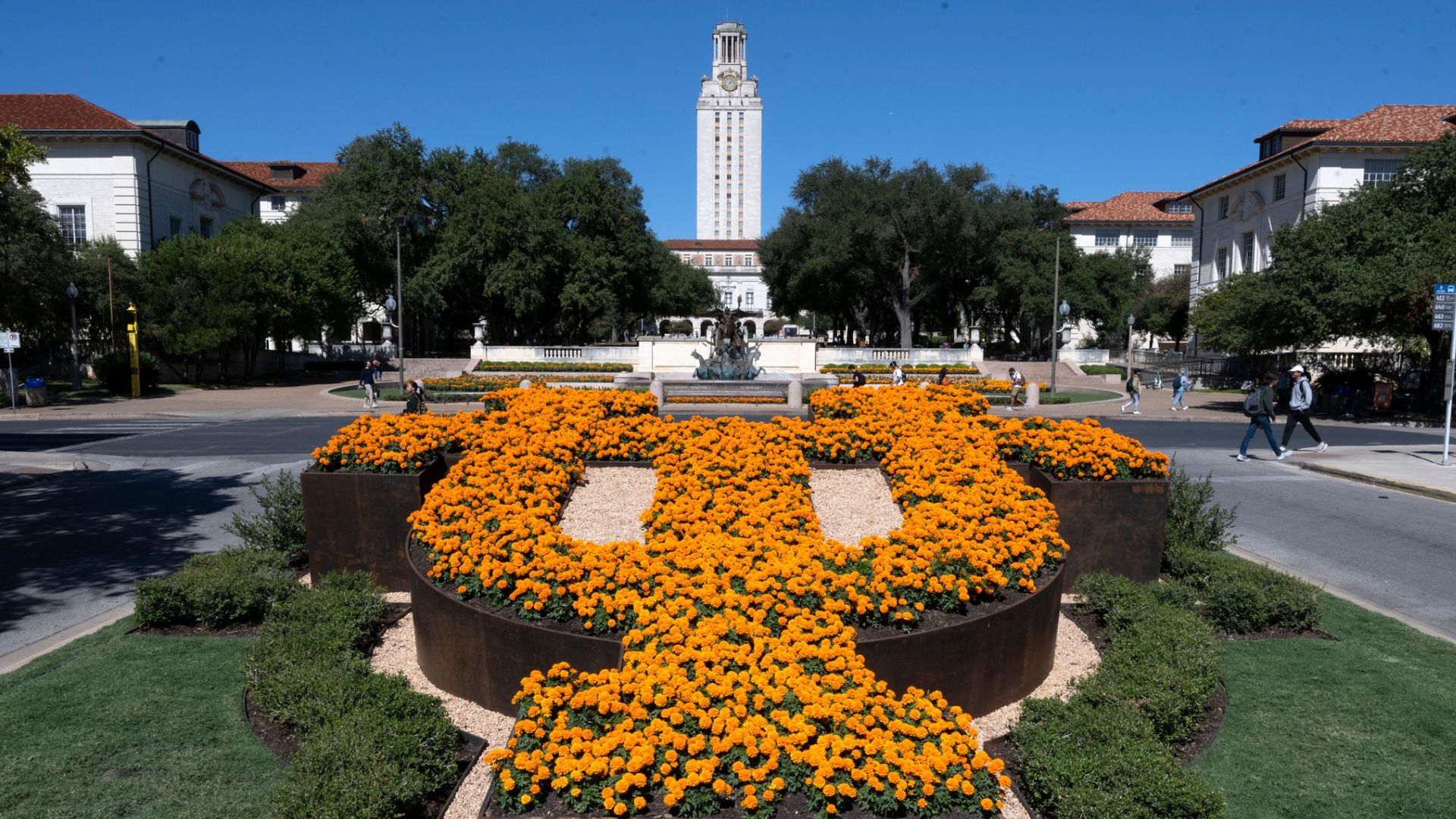
The closure of the Multicultural Engagement Center has ended cherished traditions and significantly lowered morale among UT’s liberal student base.
With McCormick saying the university’s “large liberal student population” was “pretty irritated or pretty annoyed.”
Intensifying DEI Debates
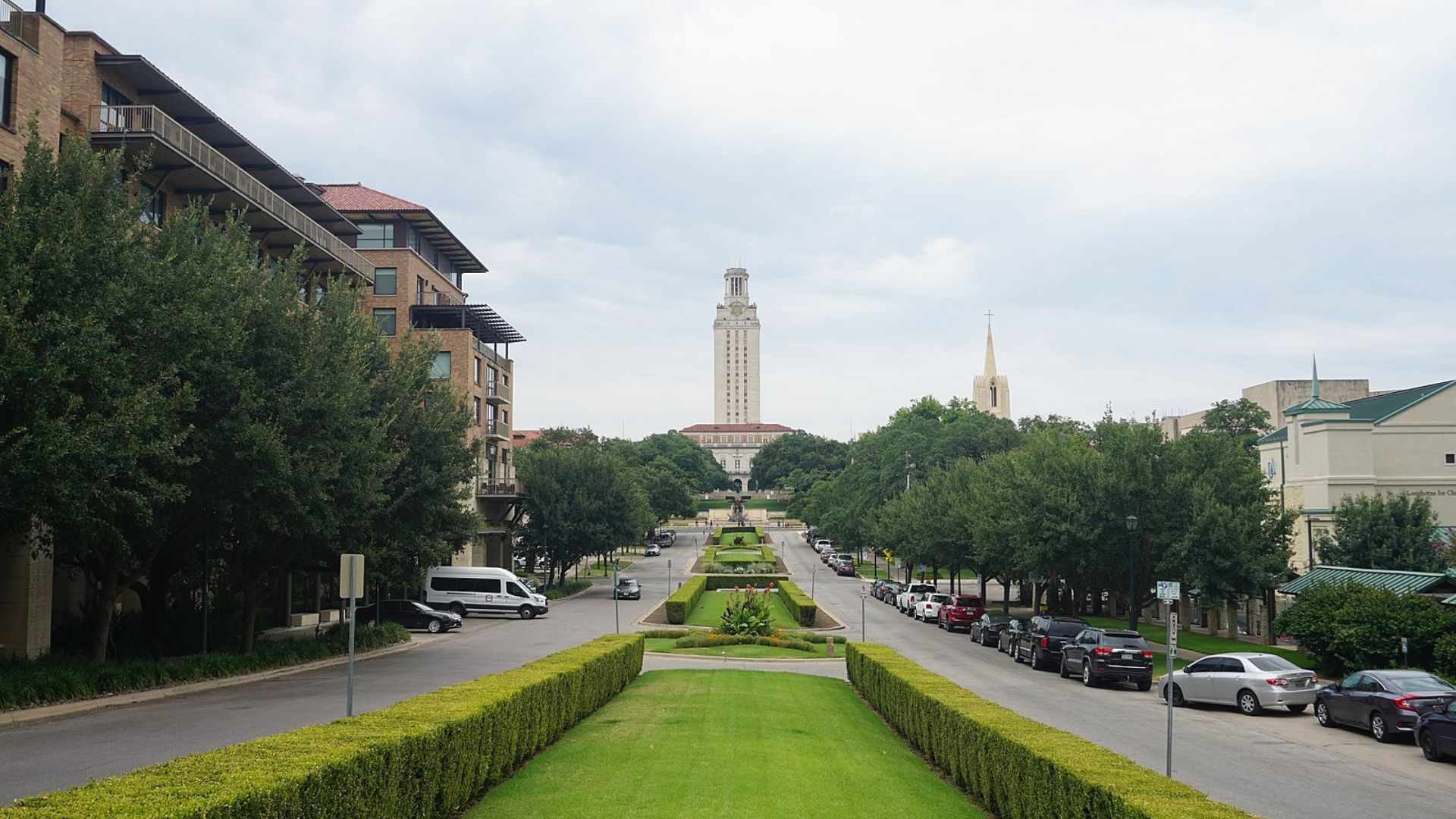
Discussions about DEI are heating up, reflecting a broader national debate about the role of such programs in addressing historical inequities.
However, figures like Senator Creighton contend that such programs represent unnecessary discrimination.
An Uncertain Road Ahead for Diversity Initiatives

With the closure of DEI offices, there is palpable concern over the future of diversity and inclusion initiatives at UT.
The university is now at a critical crossroads, facing both new legislative restrictions and internal pressures.
What’s Next for UT Austin?
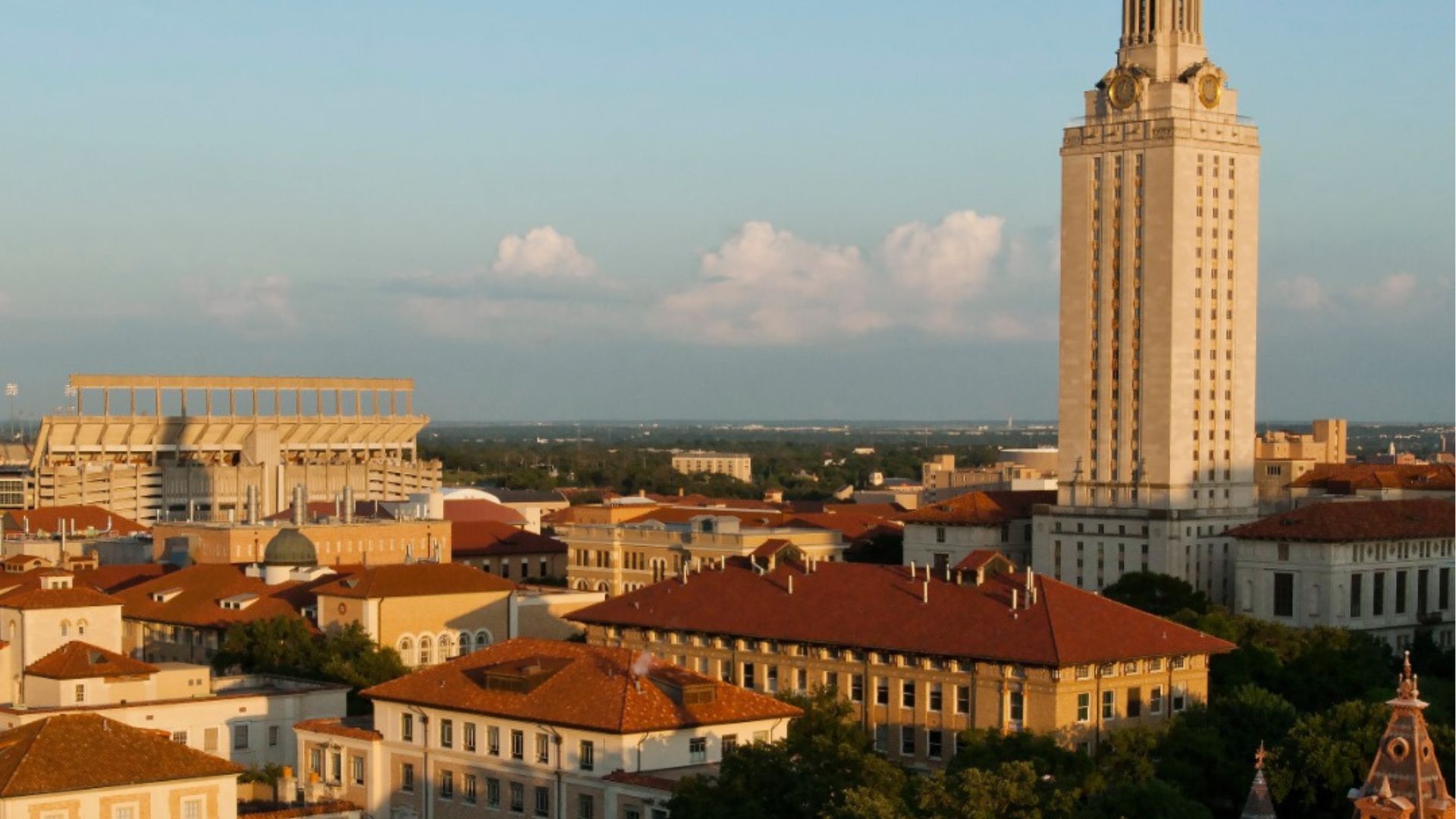
Following the enactment of Senate Bill 17, signed by Governor Greg Abbott in June 2023, UT Austin is facing new challenges. This legislation requires all governing boards of public colleges and universities to ensure that their institutions do not establish or maintain DEI offices or issue “DEI statements.”
As UT conforms to these new legal standards, the broader university community is keenly observing the impact of these changes.

